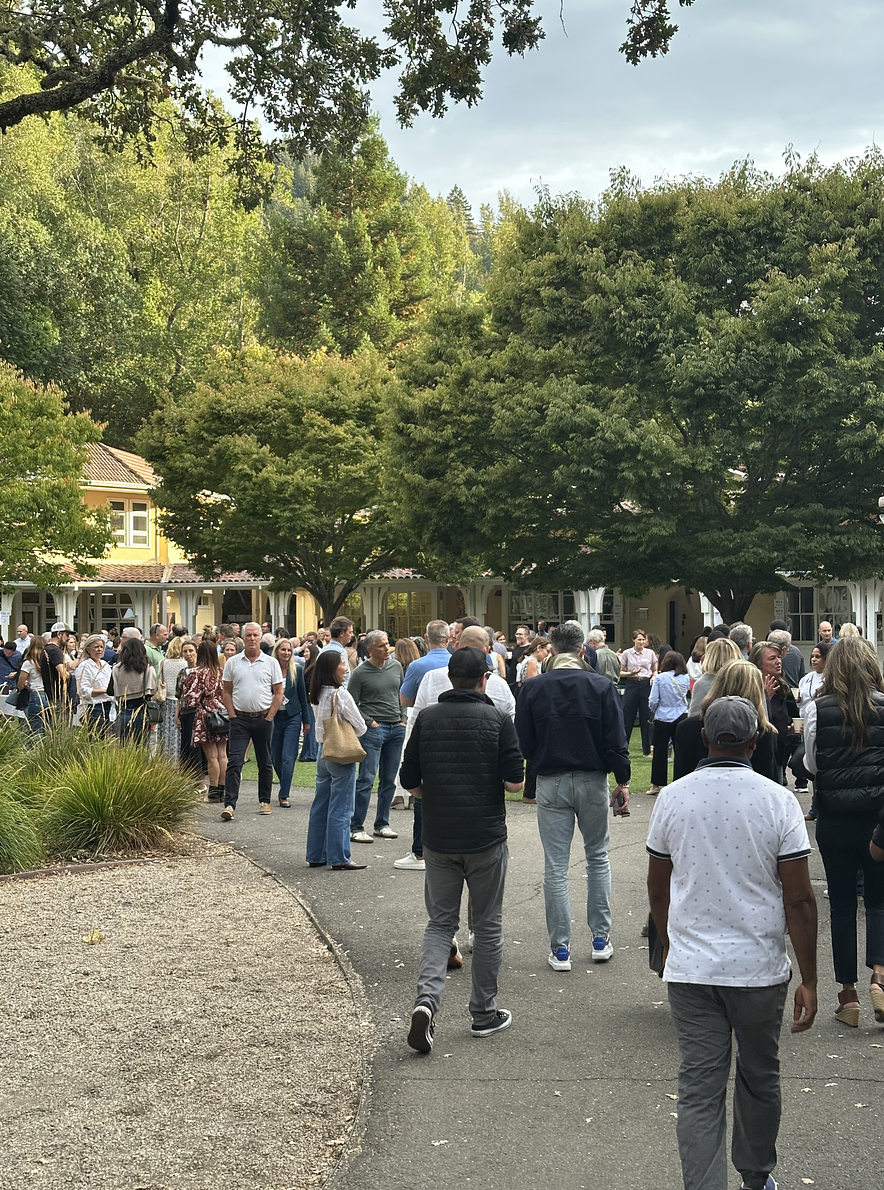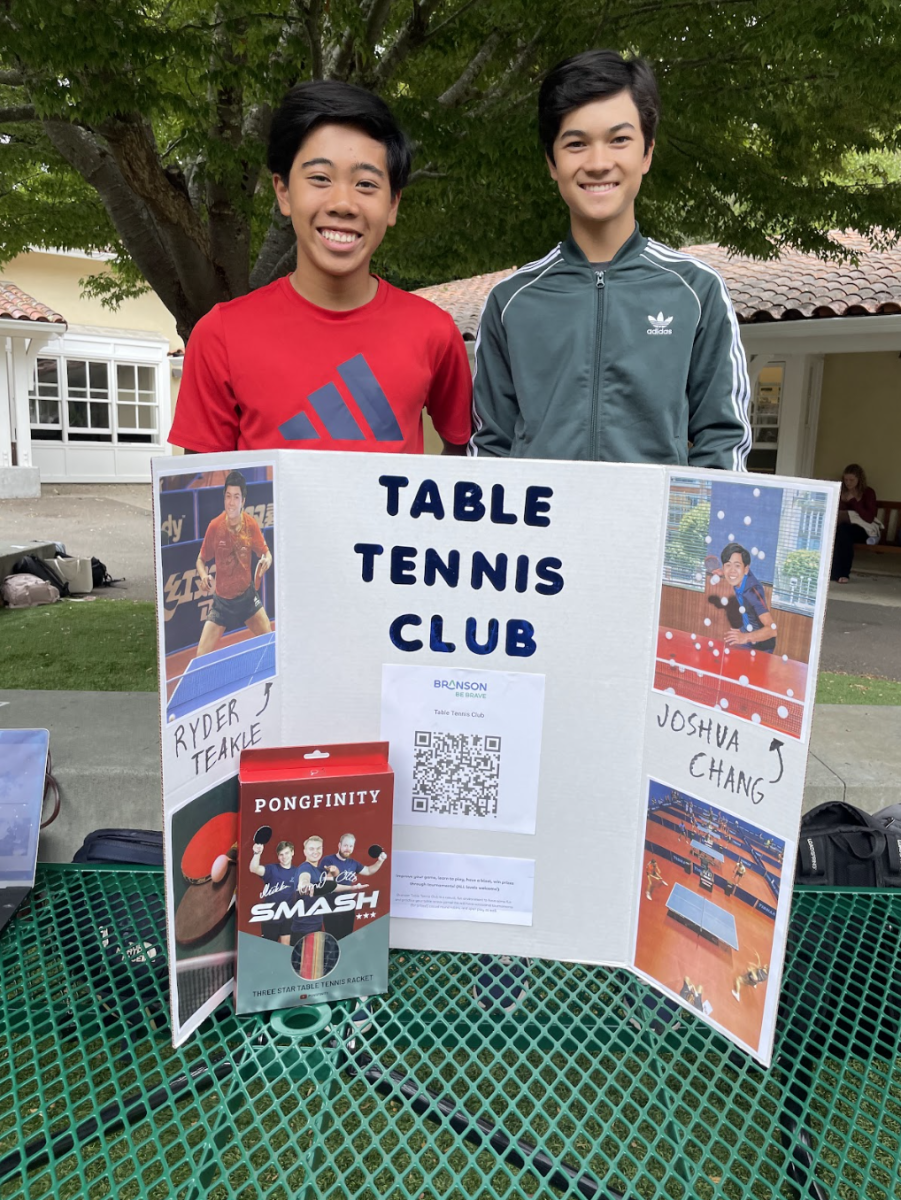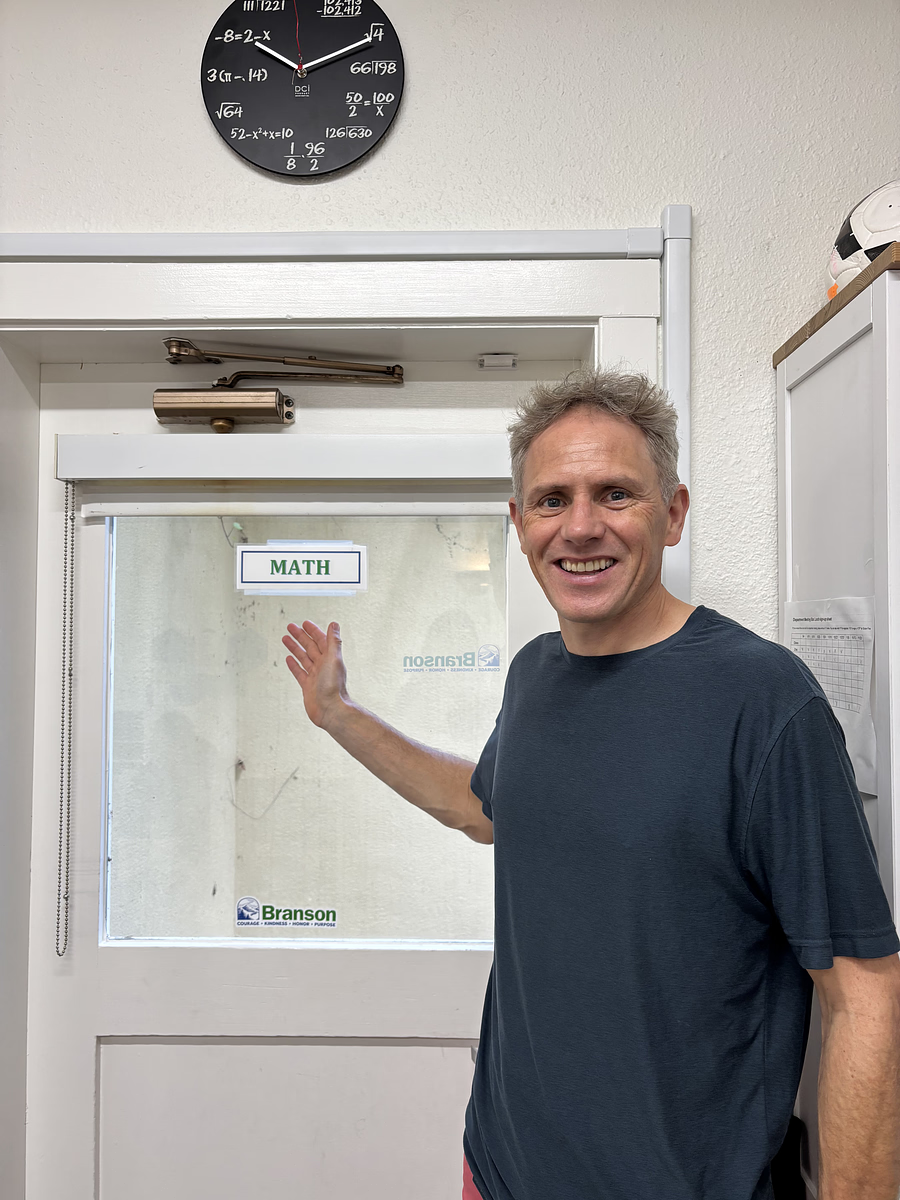Branson Political Review staffers anticipate its latest issue during the first week of immersives amid a change in leadership for next year.
Reese Furhman ’25, the founder and current editor-in-chief, received the rough drafts of the BPR articles that will appear in the next issue following the theme Democratic Dissonance. All final drafts will be available to read on the BPR website: bransonpoliticalreview.com.
“It’s important to — not even just the new presidential administration, but also coming off of the election — really think critically about aspects of the policies that we disagree with and look at them specifically,” Furhman said. “Not just in terms of what the media we know is saying, but what these politics actually say.”
Furhman founded the PBR in her junior year to provide a written space for students to think through and research modern day politics.
“We learn a lot of analytical skills at Branson in English classes and history classes, but it often feels kind of like resigned to a specific moment in time,” Furhman said. “What the political review and political thought allows students to do is take those critical skills that they learn at Branson and apply them to the world around them.”
The BPR has published twice this year, with one issue before winter break and one upcoming edition before summer. Being founder, Furhman has been the only editor-in-chief, but she hopes the BPR will continue after her graduation.
“I’ve had some staff writers who are really passionate about it, so I’m hoping to pass it on. I really hope that it continues because I think it’s a good thing to add to the Branson media,” Furhman said.
BPR writer Grant Kruttschnitt ’26 is on his third article and experienced the benefits of the BPR first hand.
“It’s interesting to combine the academic side of writing in school in history and English with the less academic side of talking with my friends about political issues or reading political issues on social media platforms,” Kruttschnitt said.
Deeply analytical political papers take work, but anyone can contribute to the BPR. Kruttschnitt says that writing an article isn’t an extreme burden on an already packed Branson workload.
“I don’t think it’s that much, just because there’s a lot of time when it doesn’t happen. It’s pretty concentrated,” Kruttschnitt said.
Kruttschnitt and Furhman say that the time is well spent because it helps students work through their own opinions on heavy and controversial topics.
“The political discourse we have is short. It’s like, ‘I think this’ or ‘I think that’ and there’s not a lot of room for students to be able to look at a policy or look at an opinion and be like, ‘what do I really think about this,’” Furhman said. “In longer form academic articles, students were able to better use the resources they had and come to an opinion rather than forcing an opinion in order to debate.





